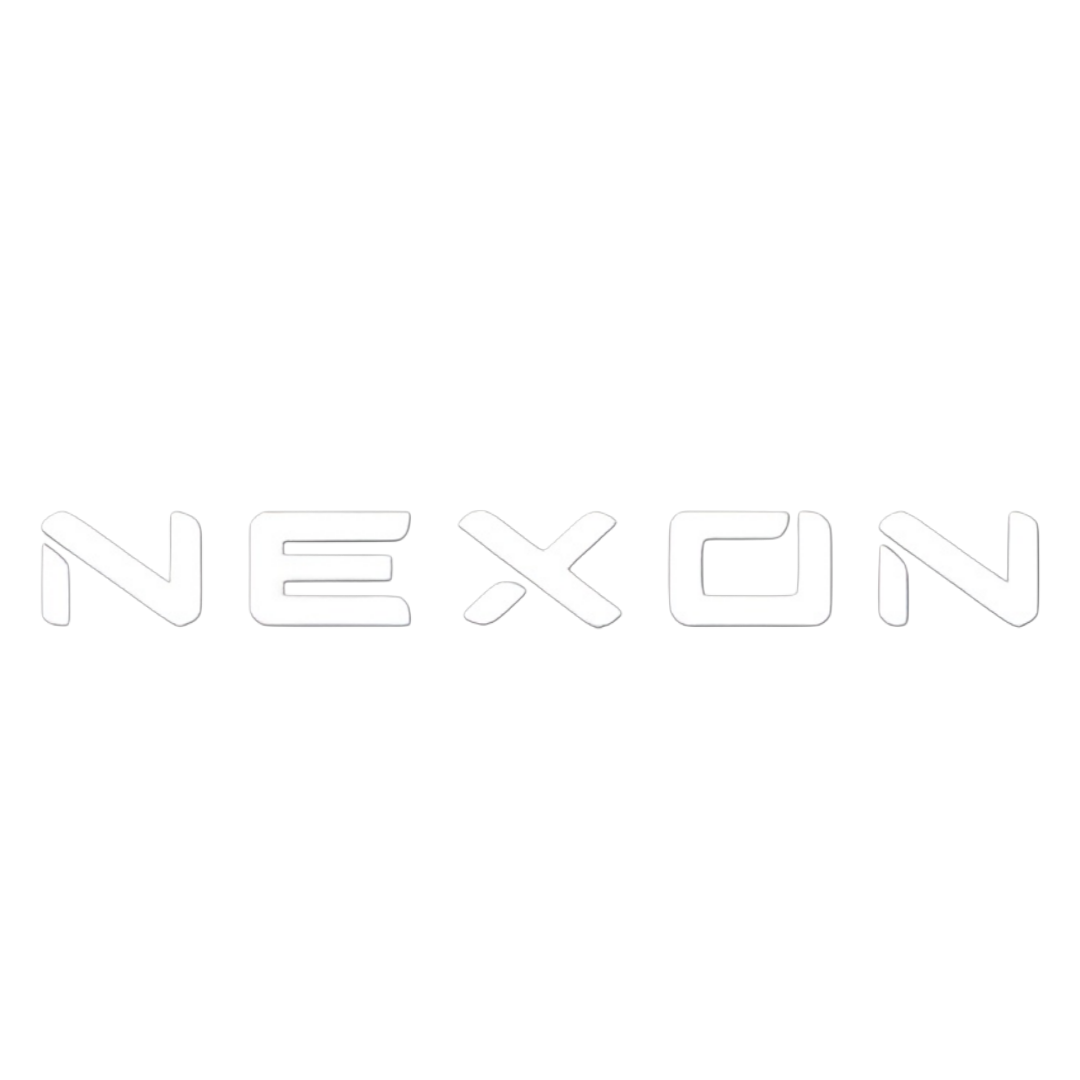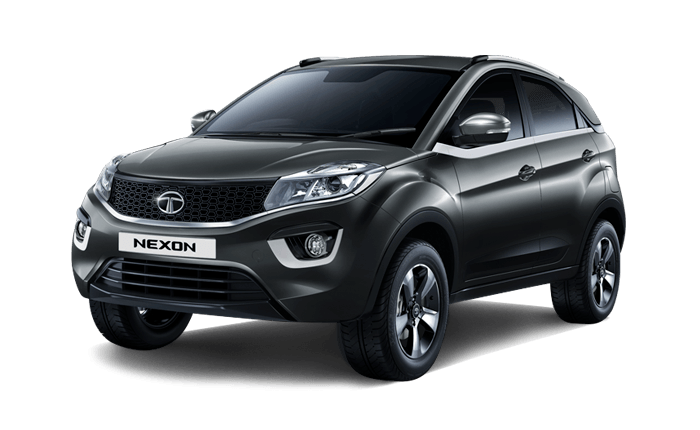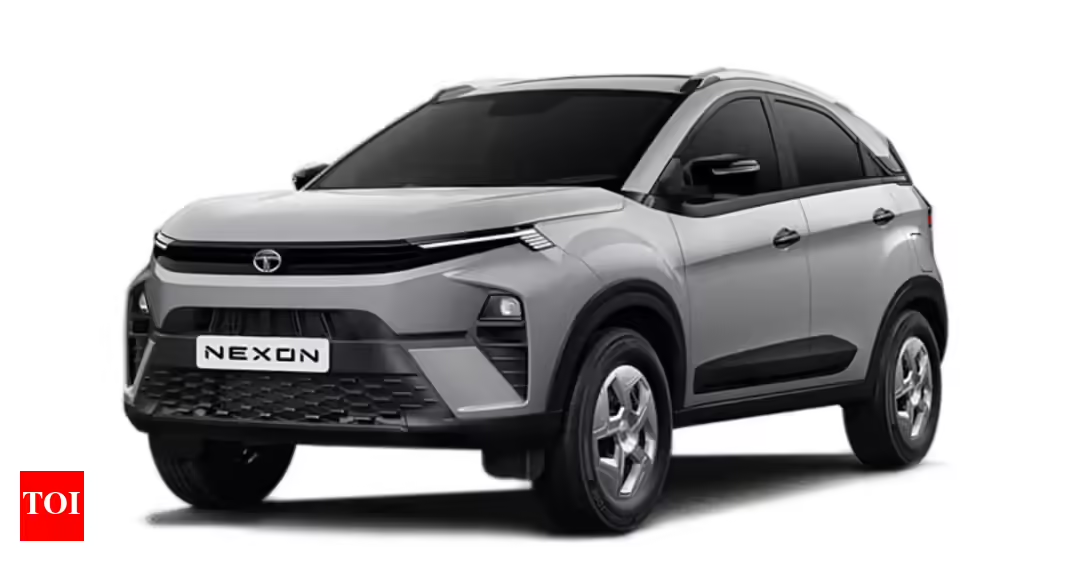Brand Overview
Brand:
Tata Nexon
Parent Company:
Tata Motors
Core Categories:
Automotive
Taglines Over the Years:
- Level NEX
- Made of Great
- New Forever
Market Context at Launch
SUV Boom (2015–2017)
- Indian buyers were rapidly shifting from hatchbacks/sedans to compact SUVs for higher stance, road presence, and practicality.
- The sub-4m SUV space had become highly competitive:
- Maruti Suzuki Vitara Brezza had established early dominance.
- Ford EcoSport offered fun-to-drive appeal.
- TUV300 and Honda WR-V were also in play.
- Tata Motors was in a turnaround phase post the underwhelming performance of earlier passenger vehicles like Zest and Bolt.
- Nexon was part of Tata's new-generation product strategy to reinvent itself with stylish, safe, and tech-forward vehicles.
Marketing Mix (4Ps)
Product Strategy
Design & Build
- Based on Tata's Impact Design Language, the Nexon brought coupe-inspired SUV styling—unusual for the segment.
- Strong emphasis on safety (ABS, dual airbags standard).
- Built on the X1 platform (shared with Tiago and Tigor) with extensive localization.
- Offered with both 1.2L turbocharged petrol and 1.5L turbo diesel engines.
- Manual and AMT transmissions for both fuel types.
- Spacious cabin, floating touchscreen, premium interiors at competitive price points.
- Tata launched Nexon EV in early 2020—India's first affordable electric SUV.
- Based on Ziptron technology; became the best-selling EV in India by 2022.
Pricing Strategy
| Year | Petrol Base Price (Ex-Showroom) |
| 2017 | ₹5.85 lakh |
| 2020 | ₹6.99 lakh (BS6 update) |
| 2023 | ₹7.79 lakh (facelift) |
| 2024 | ₹8.10 lakh+ |
- EV variant priced attractively between ₹14–18 lakh.
- Tata offered value-for-money positioning with superior safety and design.
Promotion Strategy
Messaging Themes
- Safety and style: Focused on 5-star safety rating, bold design, and youthful appeal.
- Tech and innovation: Especially for the EV variant.
- Nationalistic tones: “Made of Great,” showcasing Indian engineering excellence.
- Roped in Virat Kohli as brand ambassador (2018) to appeal to youth.
- Campaigns across digital, TV, and outdoor highlighting design, features, and GNCAP safety rating.
- Tata Nexon EV campaigns promoted eco-conscious urban lifestyle.
Distribution Strategy
- Leveraged Tata Motors' expanding dealership network, especially in Tier 1 and Tier 2 cities.
- Nexon EV targeted urban customers, with fast-charging infrastructure and tie-ups with fleet operators (e.g., BluSmart).
- After the 2020 facelift and Nexon EV success, demand grew in semi-urban and even rural areas.
Competitive Landscape
Key Rivals Over Time
- Maruti Suzuki Brezza
- Hyundai Venue
- Kia Sonet
- Mahindra XUV300
- Renault Kiger, Nissan Magnite
Nexon's Edge
- Best-in-class safety
- Feature-rich and stylish
- Option of petrol, diesel, and EV
- Constant upgrades and facelifts to stay relevant
- Indigenous development lent it credibility in the Indian context
Consumer Perception & Emotional Connect
- Nexon stood out for its design differentiation—unlike boxy rivals, it offered a coupe-like silhouette.
- Earned admiration for being the first Indian car to get a 5-star GNCAP safety rating (in 2018).
- The EV variant connected with early adopters of electric mobility.
- Became synonymous with trust, pride, and innovation among younger Indian families and professionals.
Challenges & Strategic Responses
Challenges
- Initial perceptions of Tata's service and reliability
- Subpar infotainment UI in early models
- Need to continually differentiate in a crowded segment
- Regular facelifts (2020, 2023) with improved interiors, infotainment, and tech
- Enhanced after-sales experience with Tata's "Forever New" promise
- Expanded EV charging infrastructure and customer education programs
- Offered Dark Edition, Kaziranga Edition, and CNG variant (2024) to appeal to niche segments
Impact & Market Performance
- Over 6 lakh units sold by early 2024 (cumulative Nexon sales, including EV)
- Nexon has often been the top-selling SUV in India, ahead of Brezza and Venue in several months
- Nexon EV holds over 40% share in the Indian EV market
- Credited with reviving Tata's image in the private car segment
Key Learnings
- Safety can be a differentiator in India when combined with design and pricing.
- Regular product refreshes and bold design language helped Nexon stay ahead in a cluttered space.
- Launching multiple fuel variants (petrol, diesel, EV, CNG) ensures broad appeal.
- Indian customers value aspiration and protection together—Nexon tapped into this space with finesse.
- A single product line (Nexon) can serve as the foundation for brand transformation—as it did for Tata Motors.
Summary
The Tata Nexon is more than just a compact SUV—it's a symbol of Indian engineering comeback. It showed that a homegrown brand could outdesign, out-feature, and outsell global rivals. With its consistent evolution, award-winning safety, and EV leadership, Nexon helped redefine Tata Motors as a serious, premium, and future-forward carmaker in India.











